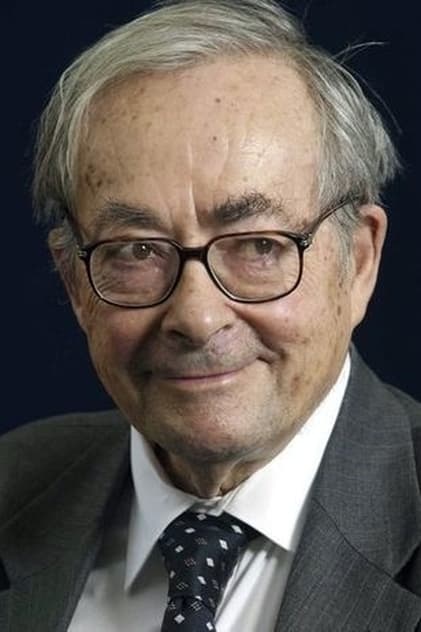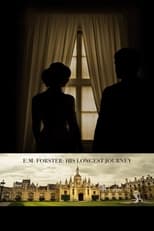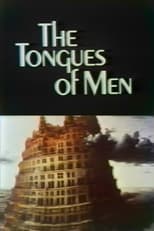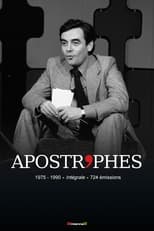

George Steiner
Born: April 23, 1929
Died: February 3, 2020
in Neuilly-sur-Seine, Seine [now Hauts-de-Seine], France
Died: February 3, 2020
in Neuilly-sur-Seine, Seine [now Hauts-de-Seine], France
Francis George Steiner, FBA (April 23, 1929 – February 3, 2020) was a Franco-American literary critic, essayist, philosopher, novelist and educator. He wrote extensively about the relationship between language, literature and society, as well as the impact of the Holocaust. A 2001 article in The Guardian described Steiner as a "polyglot and polymath".
Among his admirers, Steiner is ranked "among the great minds in today's literary world". English novelist A. S. Byatt described him as a "late, late, late Renaissance man ... a European metaphysician with an instinct for the driving ideas of our time". Harriet Harvey-Wood, a former literature director of the British Council, described him as a "magnificent lecturer – prophetic and doom-laden [who would] turn up with half a page of scribbled notes, and never refer to them".
Steiner was Professor of English and Comparative Literature in the University of Geneva (1974–94), Professor of Comparative Literature and Fellow in the University of Oxford (1994–95), Professor of Poetry in Harvard University (2001–02) and an Extraordinary Fellow of Churchill College, Cambridge.
George Steiner was born in 1929 in Paris, to Viennese Jewish parents Else (née Franzos) and Frederick Georg Steiner. He had an elder sister, Ruth Lilian, who was born in Vienna in 1922. Else Steiner was a Viennese grande dame. Frederick Steiner had been a senior lawyer at Austria's central bank, the Oesterreichische Nationalbank; in Paris he was an investment banker.
Five years before Steiner's birth, his father had moved his family from Austria to France to escape the growing threat of anti-Semitism. He believed that Jews were "endangered guests wherever they went" and equipped his children with languages. Steiner grew up with three mother tongues: German, English, and French; his mother was multilingual and would often "begin a sentence in one language and end it in another".
When he was six years old, his father, who believed in the importance of classical education, taught him to read the Iliad in the original Greek. His mother, for whom "self-pity was nauseating", helped Steiner overcome a handicap he had been born with, a withered right arm. Instead of allowing him to become left-handed, she insisted he use his right hand as an able-bodied person would. ...
Source: Article "George Steiner" from Wikipedia in English, licensed under CC-BY-SA 3.0.
Among his admirers, Steiner is ranked "among the great minds in today's literary world". English novelist A. S. Byatt described him as a "late, late, late Renaissance man ... a European metaphysician with an instinct for the driving ideas of our time". Harriet Harvey-Wood, a former literature director of the British Council, described him as a "magnificent lecturer – prophetic and doom-laden [who would] turn up with half a page of scribbled notes, and never refer to them".
Steiner was Professor of English and Comparative Literature in the University of Geneva (1974–94), Professor of Comparative Literature and Fellow in the University of Oxford (1994–95), Professor of Poetry in Harvard University (2001–02) and an Extraordinary Fellow of Churchill College, Cambridge.
George Steiner was born in 1929 in Paris, to Viennese Jewish parents Else (née Franzos) and Frederick Georg Steiner. He had an elder sister, Ruth Lilian, who was born in Vienna in 1922. Else Steiner was a Viennese grande dame. Frederick Steiner had been a senior lawyer at Austria's central bank, the Oesterreichische Nationalbank; in Paris he was an investment banker.
Five years before Steiner's birth, his father had moved his family from Austria to France to escape the growing threat of anti-Semitism. He believed that Jews were "endangered guests wherever they went" and equipped his children with languages. Steiner grew up with three mother tongues: German, English, and French; his mother was multilingual and would often "begin a sentence in one language and end it in another".
When he was six years old, his father, who believed in the importance of classical education, taught him to read the Iliad in the original Greek. His mother, for whom "self-pity was nauseating", helped Steiner overcome a handicap he had been born with, a withered right arm. Instead of allowing him to become left-handed, she insisted he use his right hand as an able-bodied person would. ...
Source: Article "George Steiner" from Wikipedia in English, licensed under CC-BY-SA 3.0.
Movies for George Steiner...

Title: E. M. Forster: His Longest Journey
Character: Self (archive footage)
Released: October 19, 2019
Type: Movie
A film about the life of A Passage to India author E M Forster, following his huge growth as a writer and the twists and turns of his personal life.


Title: The Tongues of Men
Character: Narrator
Released: January 1, 1977
Type: Movie
Comparative survey of the world's languages and their development. Discusses the social and political effects of language barriers and explores the possibility of a worldwide language.


Title: Apostrophes
Character: Self
Released: January 10, 1975
Type: TV
Apostrophes was a live, weekly, literary, prime-time, talk show on French television created and hosted by Bernard Pivot. It ran for fifteen years (724 episodes) from January 10, 1975, to June 22, 1990, and was one of the most watched shows on French television (around 6 million regular viewers). It was broadcast on Friday nights on the channel France 2 (which was called "Antenne 2" from 1975 to 1992). The hourlong show was devoted to books, authors and literature. The format varied between one-on-one interviews with a single author and open discussions between four or five authors.
